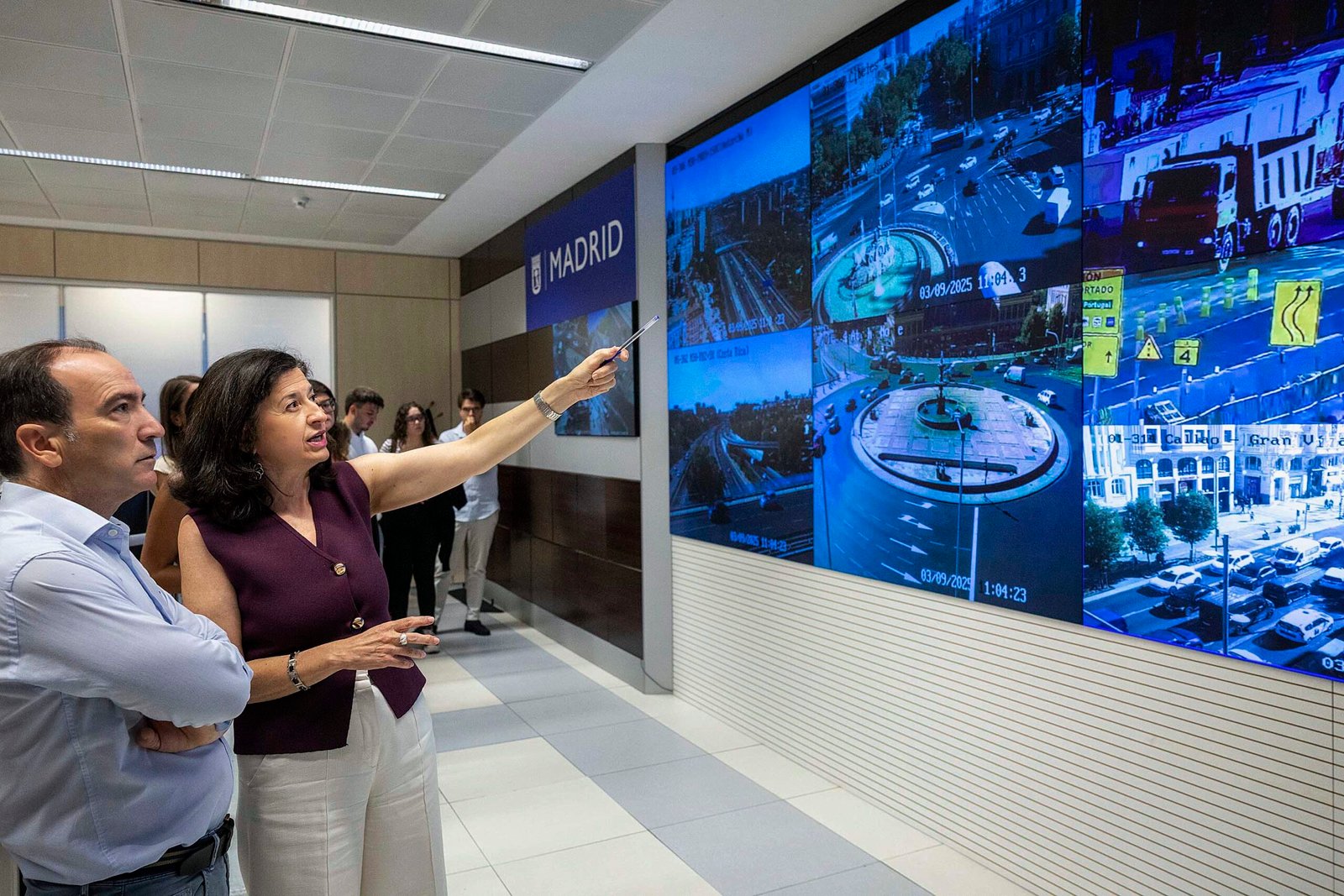The Madrid City Council has articulated a city project against unwanted loneliness and is strengthening municipal actions against this social issue, which has been a political priority since the previous term. Within the framework of the Strategic Project for the Prevention of Unwanted Loneliness being updated by the Vice-Mayor’s Office, Security and Emergencies – through Madrid Salud – and Social Policies, Family, and Equality, the City Council has launched an advertising campaign with the dual objective of raising awareness among citizens about this reality and providing affected individuals with the resources to combat it.
This municipal resource focuses on the prevention, detection, and attention to unwanted loneliness and isolation in older people and is conceived as a fundamental provision to allow them to remain in their homes for as long as possible, addressing their care needs and promoting their socialization and active aging.
Thus, this service aims to put an end to their feelings of loneliness, working to reduce its consequences, such as anxiety, stress, or depression, and facilitating the acceptance of the necessary resources to reverse these situations. At the same time, it seeks to empower and strengthen older people’s ability to interact with others through socio-cognitive training techniques and the enhancement of their social skills.
Individual Attention and Group Workshops
The approach to these situations of unwanted loneliness or isolation is carried out through two types of intervention: individual and group. In the case of individual attention, the new contract includes a comprehensive approach involving different professional profiles. Currently, cases are handled by social integrators, but now psychologists and occupational therapists will be added to offer more comprehensive support to older people.
During the evaluation phase, the user’s needs will be determined, and a personalized intervention process will begin, preferably developed at home and including at least two monthly sessions. Occupational therapy will be prescribed when the person requires support for learning essential skills and functions to adapt to their environment (physical, family, or social) or to restore their functional capacity. After the intervention is completed, follow-up calls will be scheduled to detect possible relapses in feelings of loneliness and identify new demands to meet them.
On the other hand, group intervention will consist of workshops on various topics held in municipal facilities and led by psychologists. One of the contract’s novelties is that all participants will complete the full itinerary, benefiting from various general contents on social skills, social support, or active aging, as well as specific aspects of addressing unwanted loneliness. These activities will take place in two annual editions (currently, there is only one edition) with 21 simultaneous workshops in each.
A total of 2,380 individuals attended individually in 2024
The new contract for this service, promoted by the Social Policies, Family, and Equality Area, will be implemented between June 2025 and May 2027, extendable for an additional 24 months. The budget, amounting to 1.4 million euros, represents a 48% increase from the current budget to implement the announced improvements.
In 2024, thanks to this resource, individual attention was provided to 2,380 older people, with over 5,700 visits conducted. 73% of the assessed users experienced relational, emotional, or both types of unwanted loneliness, and 6% of those suffering from this unwanted loneliness requested accompaniment from a volunteer. Additionally, 1,173 individuals participated in group intervention workshops.
Municipal Strategy against Unwanted Loneliness in Older People
By reinforcing this service, the Madrid City Council strengthens municipal policies against unwanted loneliness, which became a political priority in the previous term. The Vice-Mayor’s Office, Spokesperson, Security, and Emergencies, and Social Policies, Family, and Equality areas work together to adopt measures that mitigate this issue, prioritizing young people, attended by Madrid Salud, and older people, attended by the social area, in their prevention, detection, and intervention initiatives.
In July 2024, the Municipal Strategy against Unwanted Loneliness in Older People was presented, targeting the over 666,000 individuals over 65 years residing in the city. This plan includes four lines of action, promoting active aging through intergenerational activities, among others; prevention and awareness through awareness campaigns and agreements with entities involved in identifying cases; detection and intervention in situations of unwanted loneliness, enhancing resources like the approved contract; and leveraging technology for older people, including actions like the development of ‘Paloma 2.0,’ which detects lonely older people through the application of artificial intelligence tools.



